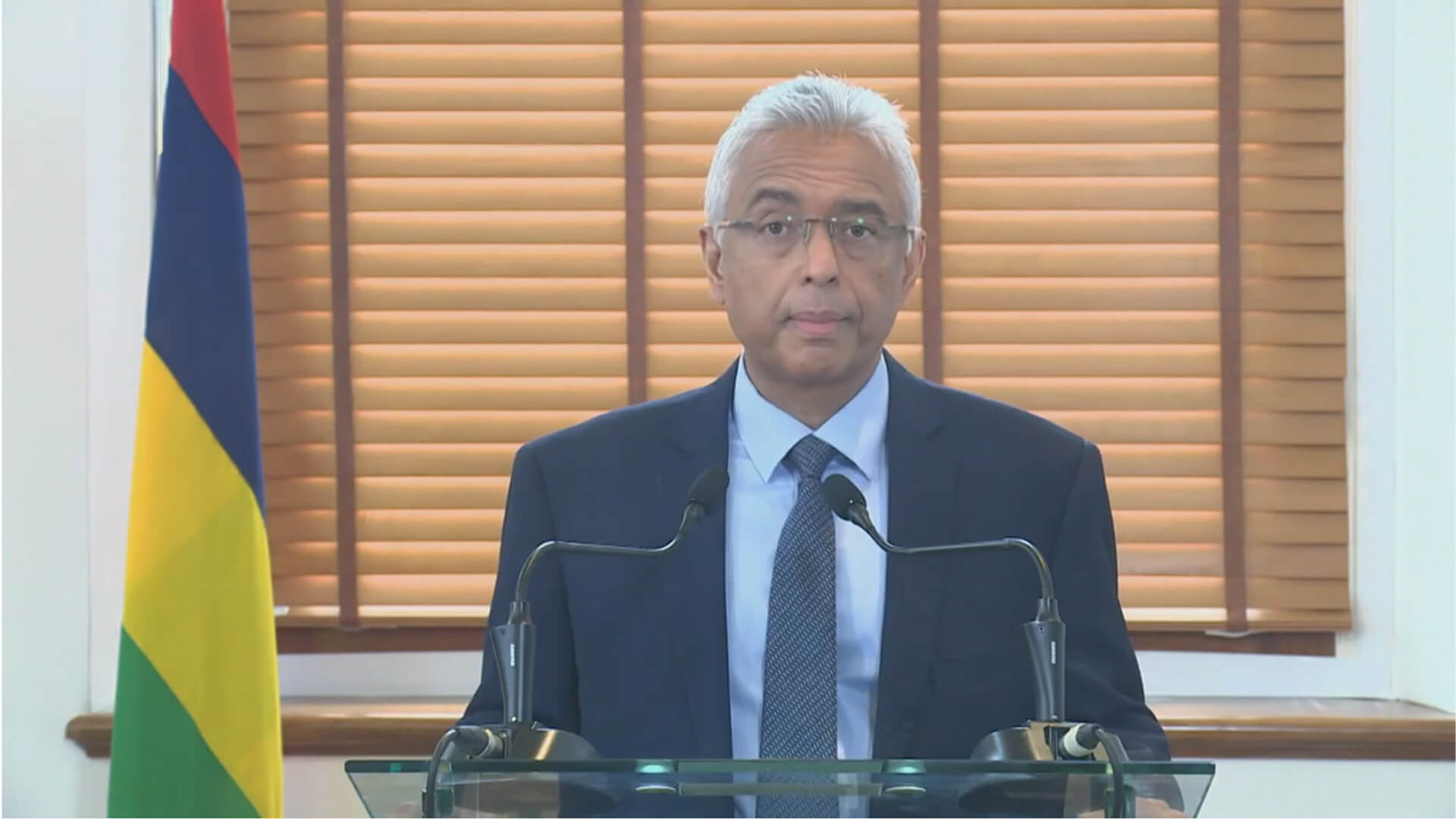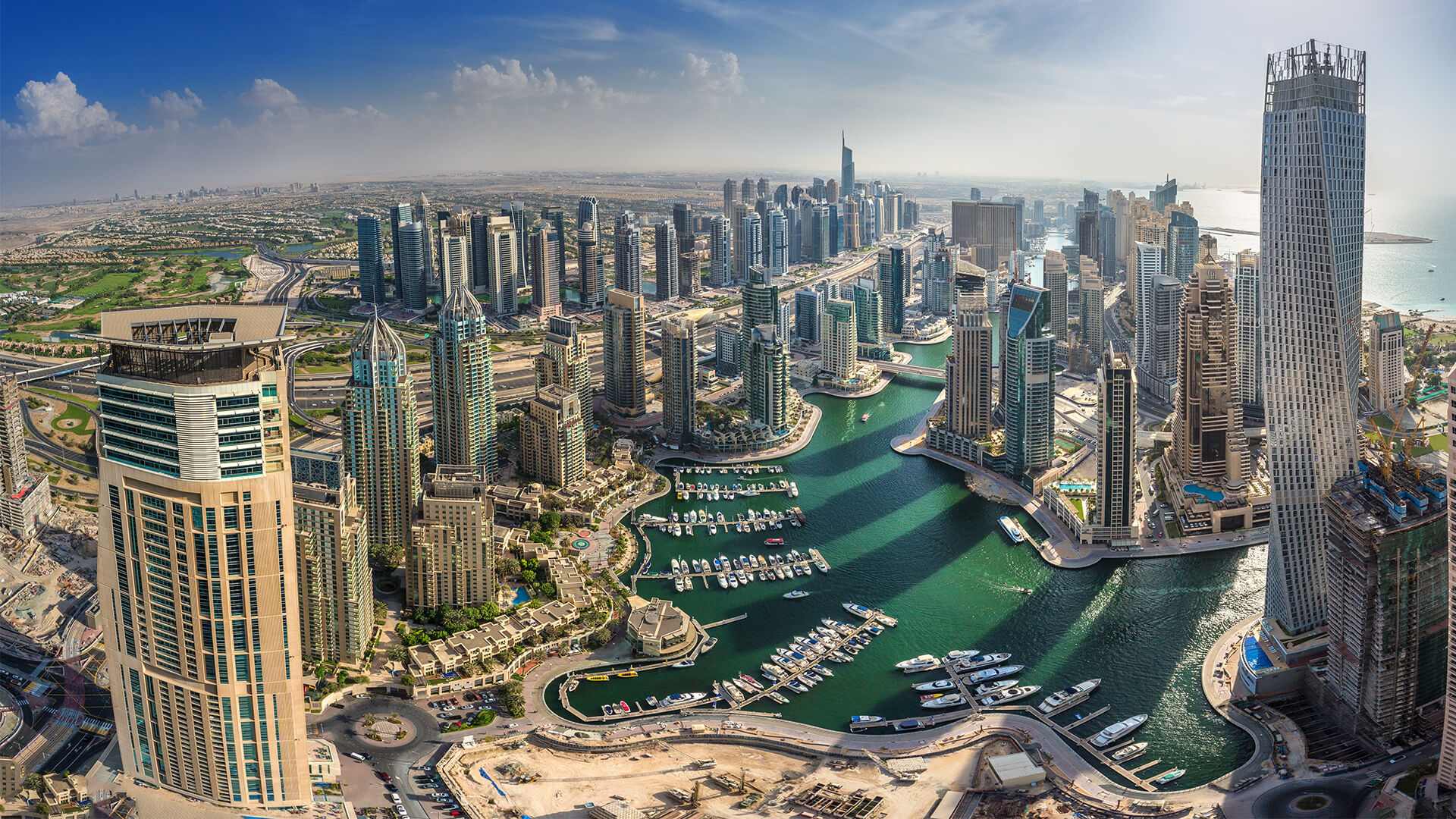The COVID-19 pandemic has had a huge impact on physical traveling, whether for business or private reasons like holidays. But switching to digital alternatives for meetings and communication still can’t cover all of the needs of our modern world. Meetings where a physical presence is required still exist, meaning trips are still in demand. The same goes for vacations, which will drive a recovery of the travel industry over the next years, particularly in light of recent success with a vaccine. Travel just may take on a slightly different shape. The impact of COVID will ultimately not only be seen on the physical aspects of travel, but also in the digital area, and there are new threats. Perhaps the biggest question moving forward will be one of privacy.
Transparency
For medical purposes, you have to register online to eat at a restaurant or write your name and address details on paper when entering a bar, you hand your personal data to unknown people. However, unavoidable tracking of physical location poses a huge threat to privacy, one that has not been solved. In fact, criminals may be able to access such data and use it to further attacks like phishing, spam or malware attacks like ransomware.
What’s more, some countries demand from travelers not only medical tests, but also that they share extensive amounts of private information, perhaps by forcing them to install Tracking Apps, which enable permanent, targeted surveillance. It is hard to foresee how long such policies are in place, but it may be here to stay in some countries.
Here are some other important considerations to keep in mind when staying at a hotel or a temporary location:
Your accommodation is not your home
You probably know the phrase “feels like home,” which hotels and other accommodation providers commonly use. To be honest, you should realize that it’s not your home! With the increase of smart technologies, you may be lost in all the technology you already have at home, but at places you don’t own, you have no control over the IoT-devices around you at all. Is there a smart TV with a camera in your room? What about smart air-controls, voice assistants, entertainment offerings and all the other small helpers integrated in modern accommodation rooms? All of them can be a threat to your privacy or cause a security problem if you connect your own devices to them. Even a power outlet with a USB port to charge your phone may be a risk either in terms of security or the physical health of your device. Hotels and event locations are also using the current period where there are few tourists to renovate and upgrade their venues, which means we may see more of such technologies integrated in the near future.
Self-service
Nowadays, hotels and locations offer publicly accessible self-service kiosks – usually tablets or a computer. The idea is simple: you log in to your email account or wherever you may have stored your ticket, you open it, and print. This process may take a few minutes – but didn’t you forget anything? “Logout” and “Clear browsing data” may be forgotten due to stress while checking out. However, I’ve experienced many such devices that still retain full access to all data, like emails, documents, and your calendar, when you’re using accounts of certain global service providers with a huge portfolio. This is not only a threat to your data, but also puts you at risk of your data being abused by criminals. They can send out spam or phishing emails to your contacts and social network.
Who is around you?
As a result of COVID-19, many services, especially ticket sales and reservations, went from offline to online. Even before the pandemic, ensuring that you’re “talking” to the right person in the digital world was difficult, and in many cases phishers and other criminals abused this problem. People became even more vulnerable in 2020. Such criminals jumped on the pandemic topic and are trying to make a profit using social engineering to trick people. There have been cases of fake e-mails regarding cancelled flight refunds, fake messages from government entities and even those trying to sell fake equipment like masks.
Conclusion
While the physical and digital world continue to merge further, security becomes more important than ever before. The pandemic forced the introduction of new restrictions and digital processes to protect citizens’ health, and this, in turn, has shaped the future of travel, either for business or holidays. The effects of 2020’s transformation on travel will last far beyond the end of the pandemic. Therefore, being protective about your own security, digitally and physically, is a necessity. The most fundamental precaution to take is to be aware of the risks and be cautious about your data and behavior.












